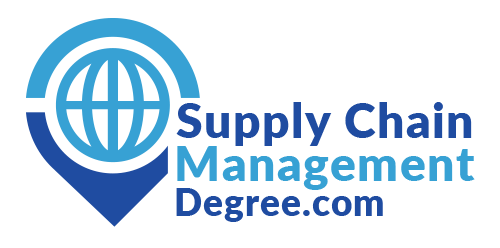
Supply Chain Cybersecurity: A Critical Aspect of Education
In an increasingly interconnected world, where digital technologies drive global commerce, the security of supply chains has emerged as a paramount concern. As industries rely more heavily on digital platforms to manage their operations, the risk of cyber threats infiltrating supply chains has grown exponentially. In this landscape, ensuring robust cybersecurity measures throughout the supply chain is not just a matter of corporate responsibility—it’s a critical aspect of education that must be integrated into academic curricula and professional training programs.
Supply chain cybersecurity encompasses the protection of digital assets, data, and systems across the entire supply chain network, from manufacturers and suppliers to distributors and end-users. Any vulnerability within this interconnected ecosystem can potentially expose sensitive information, disrupt operations, and jeopardize the integrity of products and services.
Education plays a pivotal role in addressing the complexities of supply chain cybersecurity. By integrating cybersecurity principles into academic programs at all levels—from high schools and universities to vocational schools and professional development courses—students and professionals can gain the knowledge and skills necessary to mitigate cyber risks effectively.
At the foundational level, incorporating cybersecurity awareness training into school curricula introduces students to basic concepts such as password hygiene, data encryption, and safe internet practices. By instilling these principles early on, educators can empower the next generation of digital citizens to navigate the online world securely.
In higher education, specialized courses and degree programs focused on supply chain cybersecurity provide students with in-depth knowledge of the unique challenges and strategies for securing global supply chains. These programs often cover topics such as risk assessment, threat intelligence, incident response, and regulatory compliance, equipping graduates with the expertise needed to safeguard supply chain operations in various industries.
Furthermore, professional development and certification programs offer ongoing training opportunities for supply chain professionals to stay abreast of the latest cybersecurity trends and best practices. Organizations such as the International Association of Privacy Professionals (IAPP), the Information Systems Audit and Control Association (ISACA), and the International Consortium of Minority Cybersecurity Professionals (ICMCP) offer certifications and resources tailored to supply chain cybersecurity professionals.
Incorporating supply chain cybersecurity into education also requires collaboration between academia, industry partners, and government agencies. By fostering partnerships with cybersecurity experts, industry associations, and regulatory bodies, educational institutions can develop comprehensive curricula that reflect real-world challenges and industry standards.
Moreover, experiential learning opportunities, such as internships, research projects, and industry-sponsored initiatives, provide students with hands-on experience and exposure to industry best practices. These immersive experiences not only enhance students’ skill sets but also foster collaboration between academia and industry, driving innovation and addressing emerging cybersecurity threats.
Supply chain cybersecurity is a critical aspect of education that requires proactive integration into academic curricula and professional training programs. By equipping students and professionals with the knowledge, skills, and resources needed to secure global supply chains, educational institutions play a vital role in strengthening cybersecurity resilience and safeguarding the integrity of digital commerce in an interconnected world.


